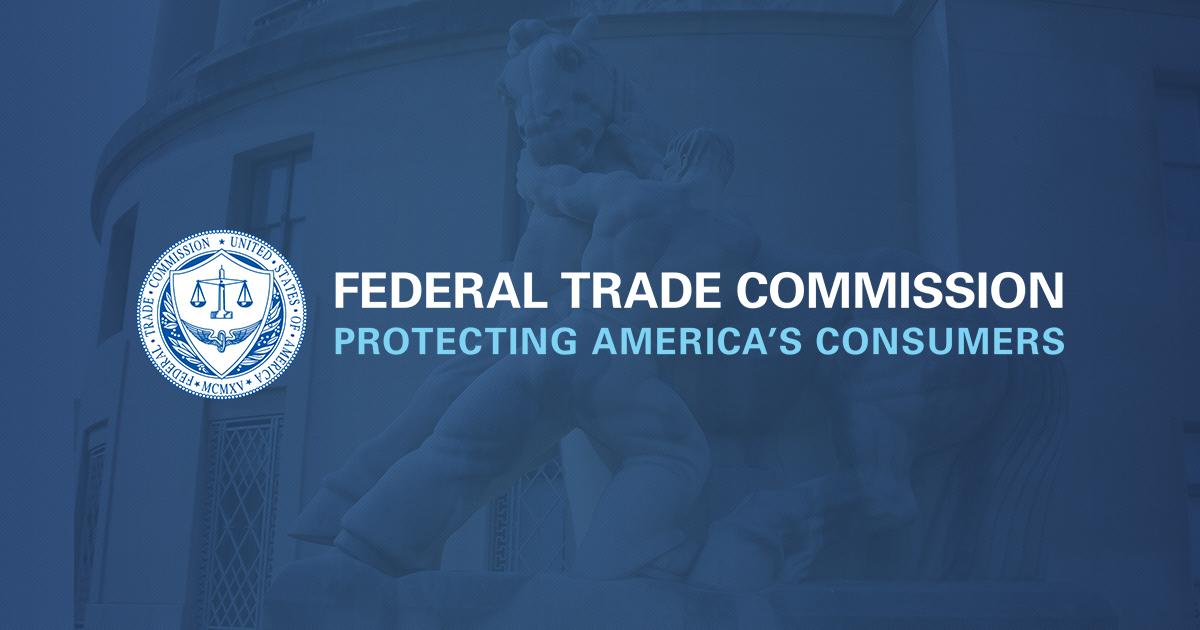Staff advisory opinion concerning Non-Profit Institutions Act: The staff of the Bureau of Competition has advised Kaiser Foundation Health Plan, Inc. that, in the staff’s opinion, Kaiser’s purchase and use of discounted pharmaceuticals in connection with a proposed program to provide health care services to persons covered under health benefits plans offered by self-insured employers falls within the Non-Profit Institutions Act (NPIA) exemption to the Robinson-Patman Act. The NPIA exempts from the Robinson-Patman Act “purchases of . . . supplies for their own use by schools, colleges, universities, public libraries, churches, hospitals, and charitable institutions not operated for profit.”
Kaiser is a non-profit California corporation currently providing care to its members as a health maintenance organization (HMO) in California and other states (including the District of Columbia). A federal court previously held that drug purchases by Kaiser for its HMO program qualified under the NPIA. Key to Kaiser’s operation as an HMO is its provision of comprehensive, continuing, and preventive care to its members in exchange for set monthly prepayment. Kaiser members also have access to a pharmaceutical plan, through which, for an extra monthly charge, they can purchase pharmaceuticals at discounted rates at Kaiser hospitals or at non-hospital pharmacies operated by Kaiser affiliates.
To meet what it sees as changing needs in the markets in which it currently offers its HMO program, Kaiser proposes to offer the same set of services it offers to its HMO members to persons covered under self-insured health benefits plans offered by employers. As explained in the staff opinion letter, Kaiser “intends to offer a plan that is as similar as possible in scope, quality, and operation to what it currently offers to members under its traditional HMO program.”
The proposed program will differ from Kaiser’s traditional HMO program in two ways: 1) Kaiser will be paid on a fee-for-service basis by the employers with which it contracts, and thus will not bear the type of financial risk associated with its HMO program, and 2) certain other Kaiser affiliates will be involved in the administration of the program to ensure compliance with California state law. Kaiser, however, will contractually obligate itself and the self-insured employers to provide comprehensive health benefits on an ongoing basis to persons covered under the program.
The staff opinion letter, signed by Markus H. Meier, Assistant Director of the Health Care Services and Products Division of the Bureau of Competition, concluded that, with certain caveats, Kaiser’s proposed program would fall within the NPIA. Noting that: 1) Kaiser previously had been held to be an “eligible entity” under the NPIA, 2) its drug purchases under the proposed program appear to be for Kaiser’s “own use” in that they will further Kaiser’s intended institutional function, and 3) all the savings earned through the use of the NPIA-discounted pharmaceuticals will accrue only to Kaiser, and not to the self-insuring employers, the staff advised that it believes that Kaiser’s use of NPIA-discounted pharmaceuticals in connection with its proposed program falls within the NPIA. Though the different financial structure and the involvement of other entities in the proposed program potentially raise concerns, the staff advisory opinion concludes that those issues ultimately should not affect the proposed plan’s eligibility for treatment under the NPIA, given the way the proposed program will operate.
NOTE: This letter sets out the views of the staff of the FTC’s Bureau of Competition, as authorized by the Commission’s Rules of Practice. It has not been reviewed or approved by the Commission. As the Commission’s Rules explain, the staff’s advice is rendered “without prejudice to the right of the Commission later to rescind the advice and, where appropriate, to commence an enforcement proceeding.” (The staff contact is Ellen Connelly, 202-326-2532.)
Copies of the documents mentioned in this release are available from the FTC’s Web site at http://www.ftc.gov and from the FTC’s Consumer Response Center, Room 130, 600 Pennsylvania Avenue, N.W., Washington, DC 20580. Call toll-free: 1-877-FTC-HELP.

